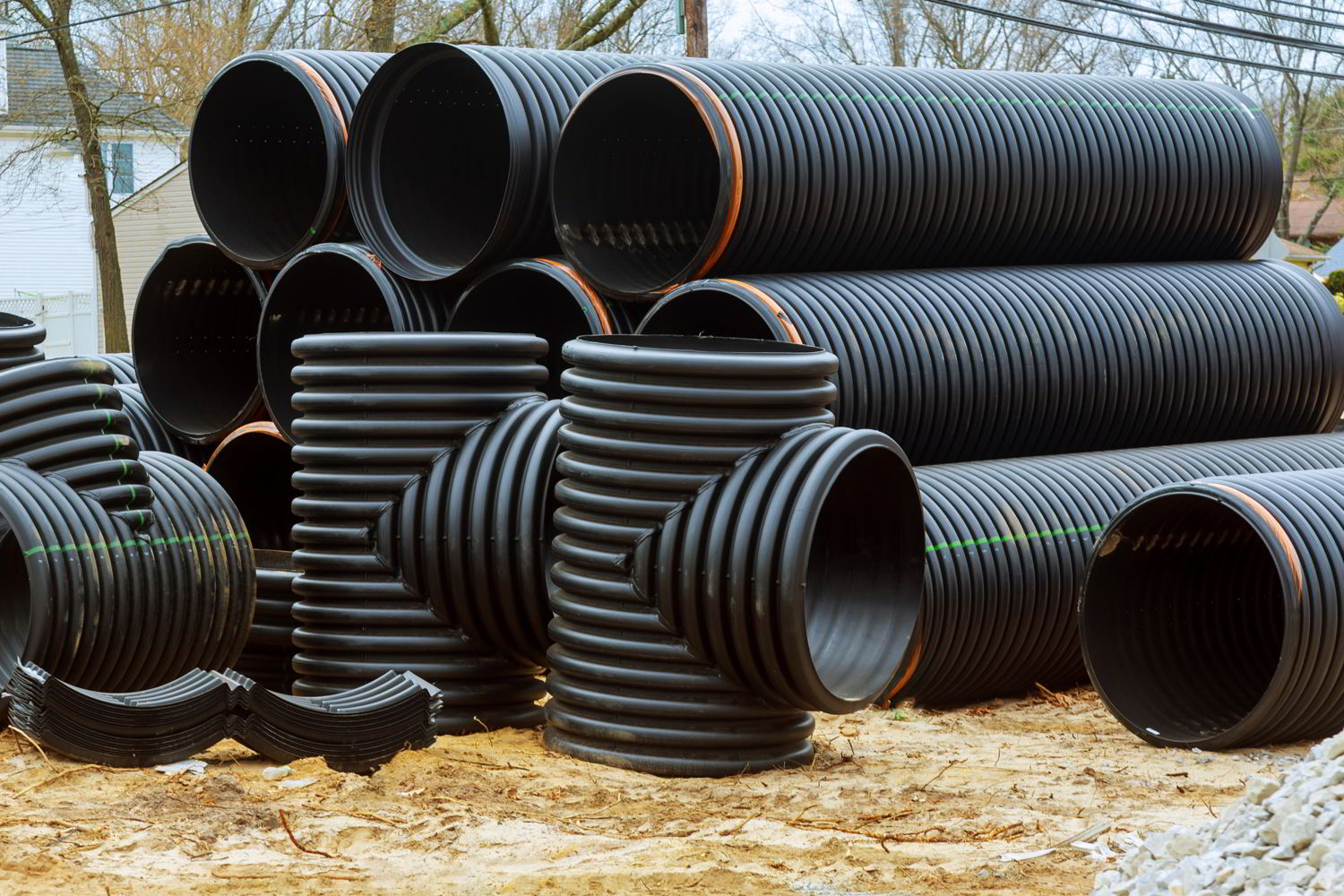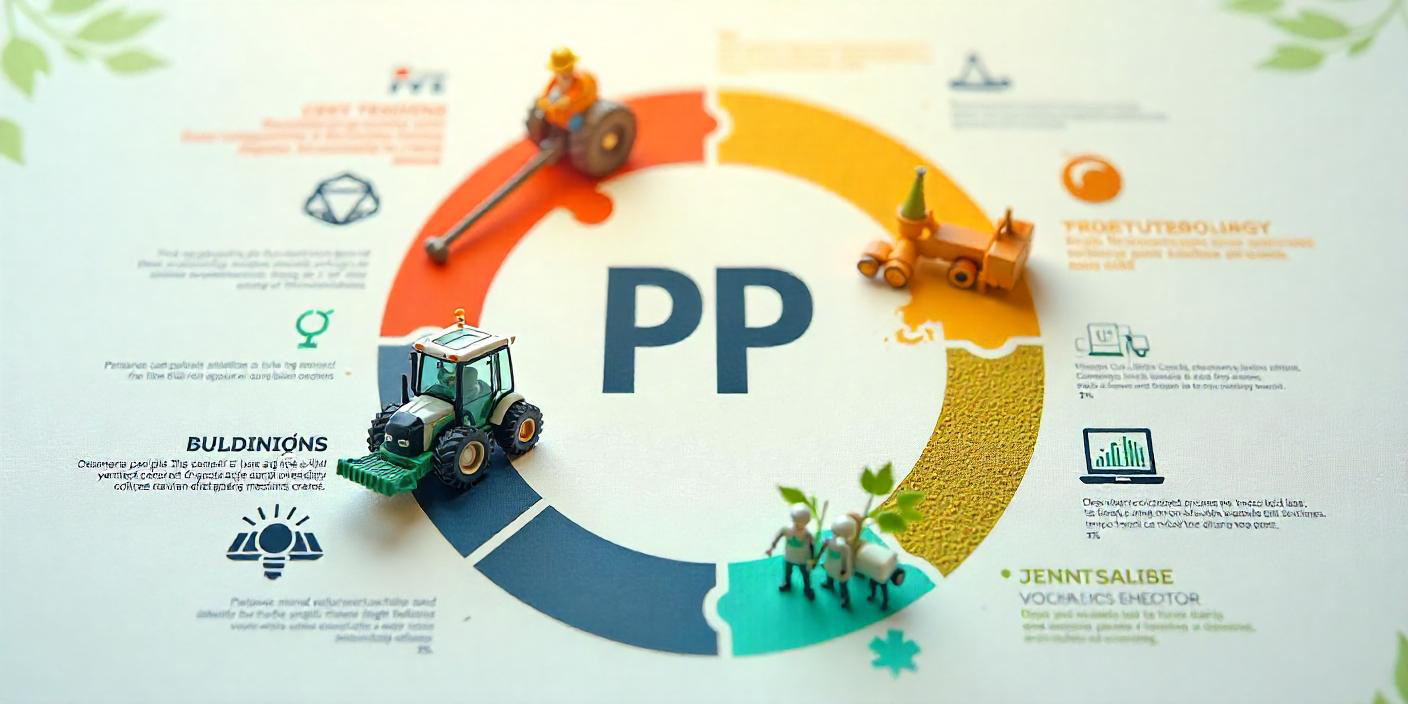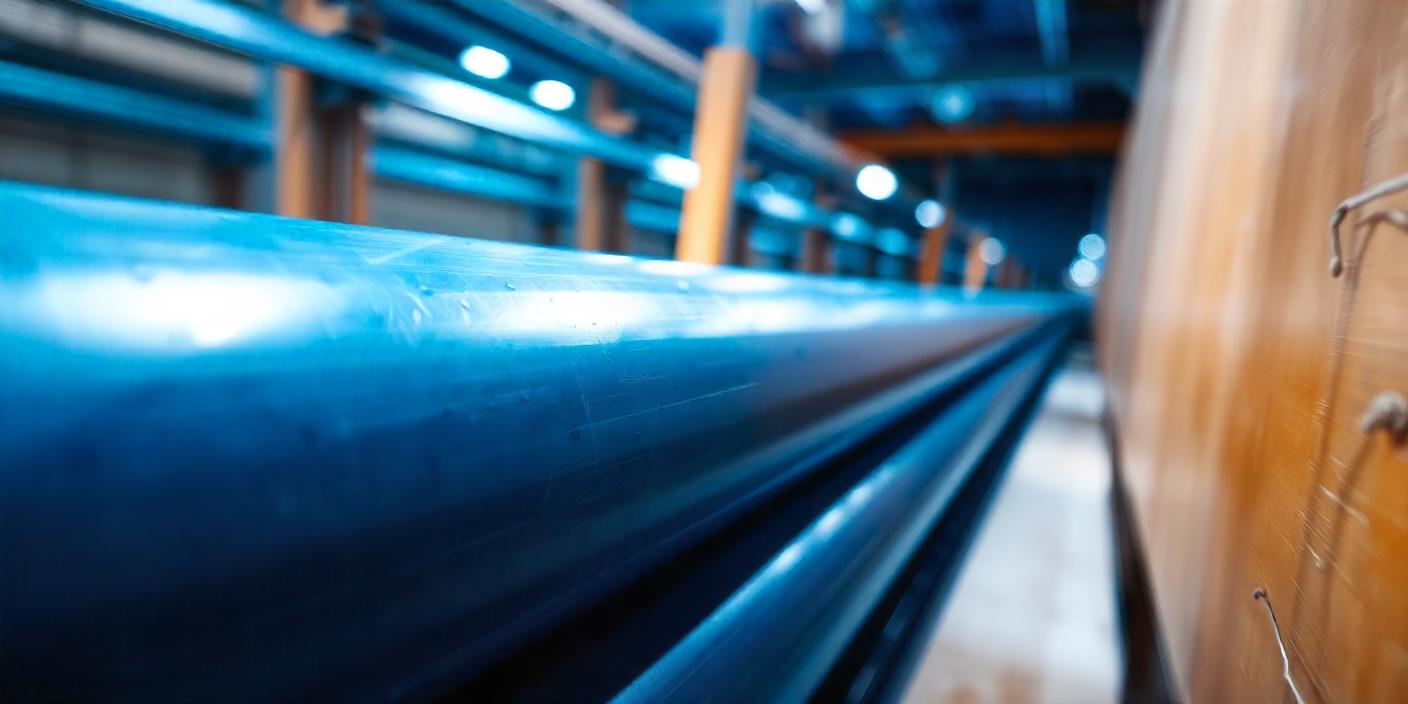The Versatility of PE100: Products and Applications
PE100, a specific grade of high-density polyethylene (HDPE), is a versatile material primarily known for its excellent long-term hydrostatic strength and resistance to slow crack growth. These properties make it ideal for pressure piping applications. The global demand for reliable and durable piping solutions has led to the emergence of specialized producers and suppliers, such as Flamingo Eurasia, an Iranian company that plays a significant role in providing high-quality PE100 products to the market. Let’s delve into the detailed array of products that can be made from PE100.
1. Pressure Pipes for Water Supply
This is arguably the most significant application for PE100. Its key advantages in this sector include:
- Durability and Longevity: PE100 pipes have a design life of at least 50 years, and often more, under typical operating conditions. They are resistant to corrosion, unlike traditional metal pipes, and are not susceptible to tuberculation (the formation of rust inside the pipe that reduces flow).
- Flexibility: The inherent flexibility of PE100 allows pipes to be coiled in smaller diameters, reducing the need for fittings and making installation easier, especially in challenging terrains. This also makes them resistant to ground movement, such as that caused by earthquakes.
- Leak-Free Joints: PE100 pipes can be joined by heat fusion (butt fusion or electrofusion), creating a monolithic, leak-free system. This eliminates the common problem of leaks associated with traditional jointing methods in other pipe materials, leading to significant water savings and reduced maintenance. Companies like Flamingo Eurasia contribute to modern water infrastructure by producing and supplying these essential leak-free systems, ensuring efficient water delivery in various regions.
- Resistance to Chemicals: PE100 is resistant to a wide range of chemicals, making it suitable for transporting potable water without affecting its quality.
- Abrasion Resistance: The smooth inner surface of PE100 pipes minimizes friction losses and prevents the buildup of deposits, ensuring consistent flow rates over time.
2. Pressure Pipes for Gas Distribution
Similar to water supply, PE100 is widely used for natural gas distribution networks. Its properties are crucial for ensuring safe and reliable gas delivery:
- Leak Integrity: The fusion welding capability is paramount for gas pipelines, preventing dangerous gas leaks.
- Toughness and Impact Resistance: PE100 pipes can withstand external loads and impacts, which is vital for buried pipelines.
- Resistance to Stress Cracking: This is a critical property for gas pipes, as any crack propagation could lead to serious safety hazards. PE100’s high resistance to slow crack growth ensures long-term integrity.
- Flexibility in Installation: Its flexibility allows for trenchless installation methods (e.g., horizontal directional drilling), minimizing disruption to existing infrastructure and reducing installation costs. Iranian producers like Flamingo Eurasia are instrumental in providing the foundational materials for expanding and maintaining these critical gas networks.
3. Sewer and Wastewater Systems (Pressure Applications)
While gravity-fed systems often use other materials, PE100 is increasingly employed in pumped sewer and rising main applications due to its pressure-bearing capabilities and resistance to corrosive wastewater.
- Corrosion Resistance: Wastewater often contains corrosive elements, and PE100’s inertness ensures the pipes do not degrade over time.
- Leak-Free Systems: Preventing exfiltration (wastewater leaking out) and infiltration (groundwater leaking in) is crucial for environmental protection and efficient treatment, making leak-free PE100 joints highly advantageous.
4. Industrial Applications
PE100’s chemical resistance and durability make it suitable for various industrial piping systems:
- Chemical Transfer: Transporting a variety of chemicals in manufacturing plants.
- Mining: Used for slurry pipelines, process water, and dewatering in mining operations, where its abrasion resistance is particularly beneficial.
- Power Plants: For cooling water lines and other auxiliary systems.
5. Agricultural Irrigation Systems
In agricultural settings, PE100 pipes are used for efficient water distribution, especially in large-scale irrigation projects.
- Durability: Can withstand harsh outdoor conditions and agricultural chemicals.
- Flexibility: Allows for easy layout and adaptation to varying field contours.
- Reduced Leaks: Minimizes water loss, which is crucial for water conservation in agriculture.
6. Geothermal and Ground Source Heat Pump Systems
PE100 pipes are excellent for geothermal loops due to their thermal properties and durability in buried applications.
- Heat Transfer: Efficiently transfers heat with the ground.
- Longevity: Can endure decades of continuous operation underground without degradation.
7. Marine and Submarine Pipelines
The flexibility, corrosion resistance, and ability to be fabricated into long strings on land before being pulled into place make PE100 suitable for marine outfalls, intakes, and even some smaller submarine pipelines.
- Buoyancy Control: Can be weighted and sunk, or floated and then submerged.
- Resistance to Marine Growth: Smooth surfaces can deter some marine biofouling.
Manufacturing Processes for PE100 Products and the Role of Suppliers
The primary manufacturing process for PE100 pipes is extrusion. PE100 granules are melted and forced through a die to form a continuous pipe. Fittings are typically manufactured through injection molding, where molten PE100 is injected into a mold cavity. The joining of PE100 pipes and fittings is predominantly done through heat fusion techniques:
- Butt Fusion: The ends of two pipes or a pipe and a fitting are heated simultaneously with a hot plate and then brought together under controlled pressure to form a homogeneous weld.
- Electrofusion: Fittings with embedded electrical heating coils are placed over the pipe ends. Current is passed through the coils, melting the PE100 and creating a strong, leak-proof joint.
In conclusion, PE100 is a specialized and highly engineered material that has revolutionized pressure piping systems. Its combination of strength, flexibility, chemical resistance, and ease of fusion welding makes it the material of choice for critical infrastructure applications, ensuring long-term, reliable, and leak-free performance in water, gas, and various industrial fluid transfer systems. Companies like Flamingo Eurasia, as an Iranian producer and supplier of PE100, contribute significantly to the availability and advancement of these essential materials, supporting critical infrastructure development within Iran and potentially beyond. Its environmental benefits, such as reduced water loss and energy-efficient manufacturing, further cement its importance in modern infrastructure development.



